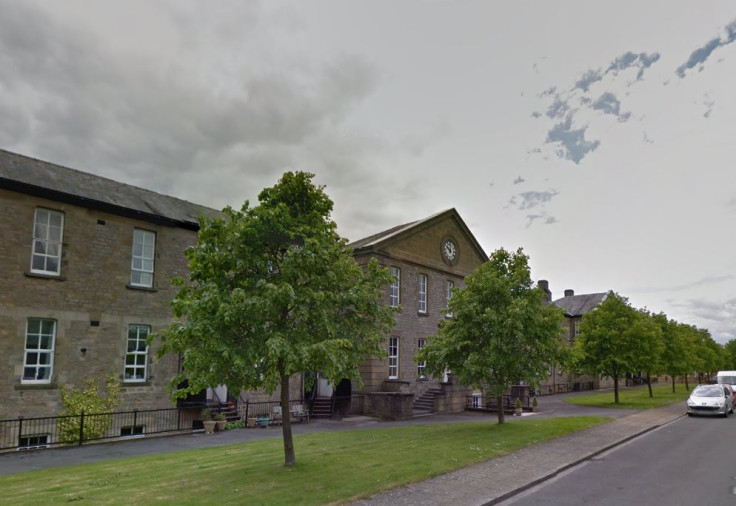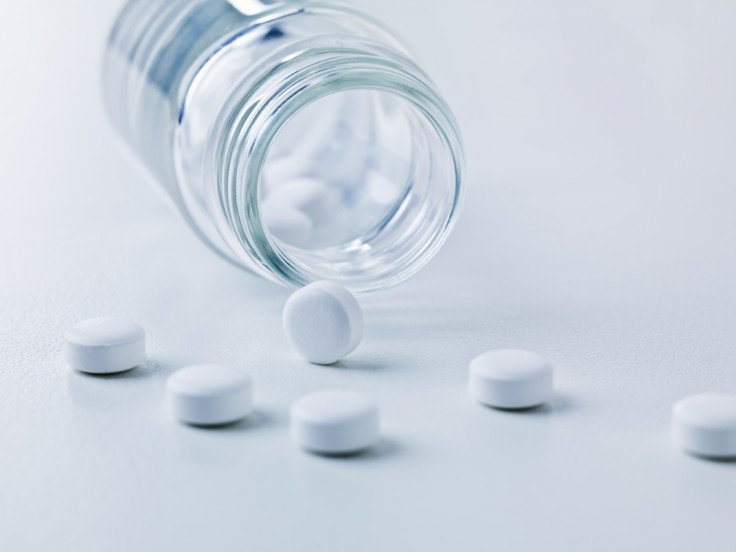Home Office doctors backed giving 'impulsive' schoolchildren experimental drugs in the 1960s
National Archives files suggest parents were kept in the dark about the six-month drug trial.

Children at a school for young offenders in north Yorkshire were given experimental drugs as part of a trial backed by the Home Office to control their behaviour, National Archives files from the 1960s show.
Parents of pupils at Richmond Hill Approved School were not consulted about the drug programme with consent left up to individual managers.
The most unruly youngsters, aged 15 or over, were forced to take the anticonvulsant drug Beclamide for six months to see if it would improve their behaviour, according to archives seen by the BBC.
Home Office doctors also approved a similar trial to give every girl at Springhead Park Approved School in Rothwell near Leeds the powerful sedative Haloperidol. The trial never went ahead after it was opposed by the school's headteacher.
The experimental treatment was directed at "approved schools" which cared for children sent by the juvenile courts for committing crimes and considered unruly.
Permission to conduct a drug trial on boys was reportedly sought by Dr JR Hawking, a psychiatrist attached to Richmond Hill. He wrote to the Home Office in 1967 saying Beclamide could help pupils who were "impulsive, explosive, irritable, restless and aggressive".
Dr Hawkings said the drug, which has sedative effects but is no longer widely used, would be "a perfectly normal and legitimate therapy for certain types of disturbed adolescent".
The papers show the Home Office psychiatrist Dr Pamela Mason welcomed Dr Hawkings's plan.
On 1 November 1967 she wrote: "From the clinical or practical point of view these are the boys that can produce considerable problems within a school and this sort of research into possible drug treatment is to be welcomed ... I would recommend maximum support for this project."
The school's headmaster wrote to Home Office officials to say that "in view of assurances from the school doctor, from Dr Hawkings ... and from the doctor acting for the manufacturers, the managers had decided that there was no need to consult the parents".
Files seen by the BBC show the six-month trial went ahead in 1968 but there is no record of the outcome.
'I would have stopped it'
Bob Hammal, a teacher at Richmond Hill between 1968 and 1972, said he and other colleagues would have stopped the trial had they known about it.
He said: "What really did shock me more than anything was that parental consent was not sought and was not thought to be necessary by the powers-that-be."

A second trial was then given the go-ahead later that year at Springhead Park, which cared for 14 and 15-year-olds. In November 1968, Dr Joyce Galbraith wrote to Dr Mason at the Home Office "in strict confidence", saying she was concerned about the girls' behaviour and unrest amongst the staff.
She wrote: "My suggestion is that we should try some form of drug trial to see if, by allaying the anxiety of the girls chemically, we might perhaps settle the school a little bit more, and give the staff an opportunity to put their own house in order."
Home Office doctors again approved the plan, with Dr Mason writing: "I think this sounds a valuable treatment approach to the very real problems that arise from the special nature of girls in residence and in particular the problems presented by younger immature disturbed adolescent girls."
But the proposed 18-week trial never went ahead after the school's headmistress at the time, Shelagh Sunner, did not lend it her support and school managers were concerned about what the girls' parents may think.
Sunner told the BBC the drugs were not the solution, adding: "They weren't mentally sick kids. They needed to work through their emotions".
She said of the Home Office's approval: "I think they were scratching their head about what they were going to do with this generation of maladjusted kids – because the approved schools were full and there were a lot of them."
© Copyright IBTimes 2025. All rights reserved.





















